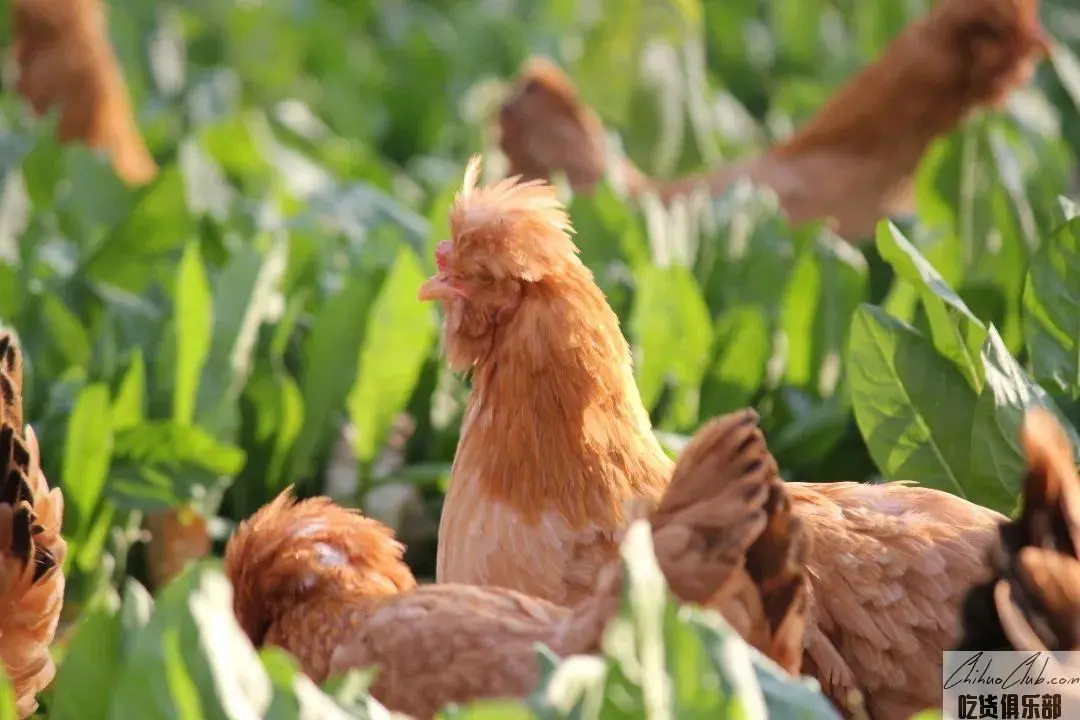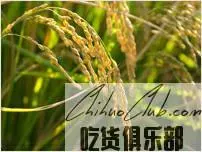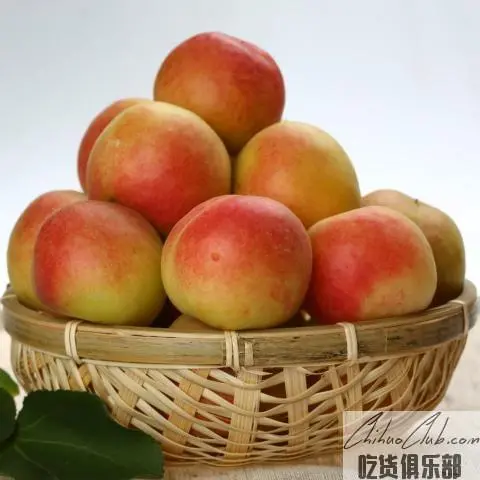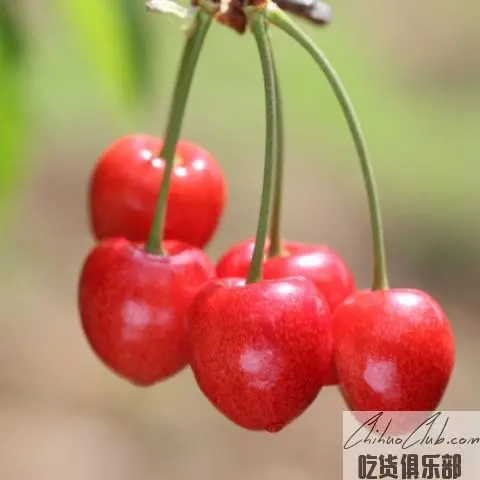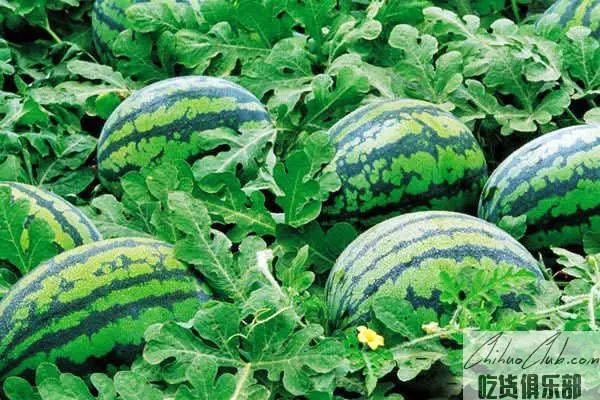
Kung Pao Chicken is made from the ingredients of the cockerel cock and the ingredients such as chillies. This dish is red but not spicy, spicy but not fierce, spicy and strong, and fleshy and crisp. It is rumored that the founder of this dish, Ding Baozhen, Guizhou Zhijin, has served as the governor of Shandong, the governor of Sichuan, and often greets guests with this dish in his hometown.
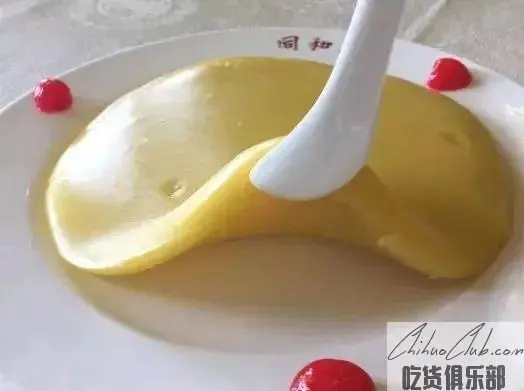
"Three non-stick" is also called "soft yellow cabbage" or "osmanthus egg". The dish is golden in color and sweet in taste. When frying, it does not stick to the spoon. It does not stick to the chopsticks when it is cooked. It does not stick to the teeth when it is eaten, so the name is “three non-sticky”. It is soft and fragrant, sweet and not greasy, and has the effect of puzzle and appetizing. According to legend, the Qing Emperor Qianlong’s southern tour, passing through the Changde House, is known as the “three non-stick”. Qianlong’s great joy after eating, immediately made a note of the recipe for this dish. Since then, "three non-stick" passed to the palace and became a famous dish in the palace.
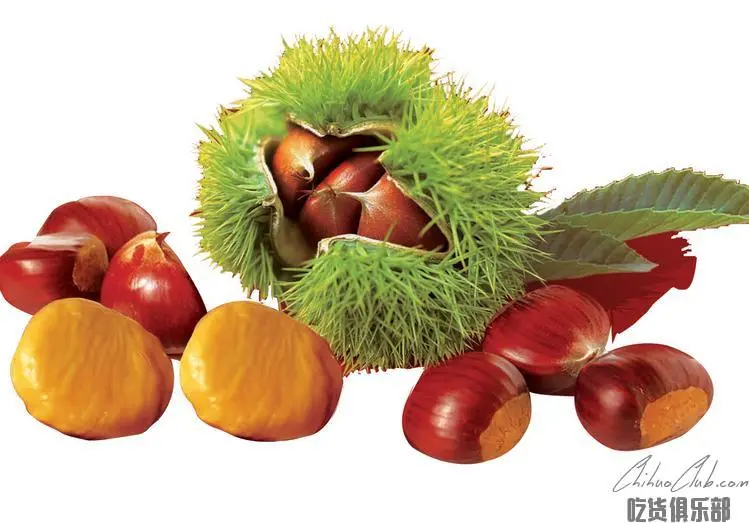
Yanshan chestnut, which is produced in the Yanshan Mountains, belongs to the North China variety and has a long history of cultivation. It has the unique flavor of sweet, sweet and fragrant, mainly distributed in the Hebei and Beijing jurisdictions of the Yanshan Mountains. Yanshan chestnut, also known as Jingdong chestnut, has a unique position in the production of chestnut in China. It is a traditional Chinese product, and is well-known at home and abroad.
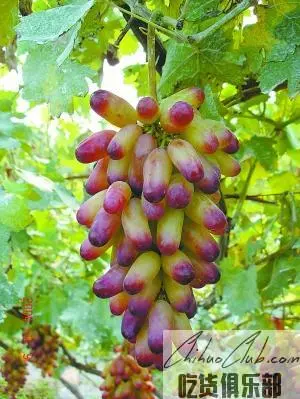
The grape ears of Zhangjiawan are neat, the fruit powder is intact, the peel is thick, and the fruit surface presents the characteristics of the variety; the flesh is fine, the ratio of sugar to acid is reasonable, and the palatability is good. Zhangjiawan has planted grapes since the Yuan Dynasty, and it has been seven or eight hundred years now.
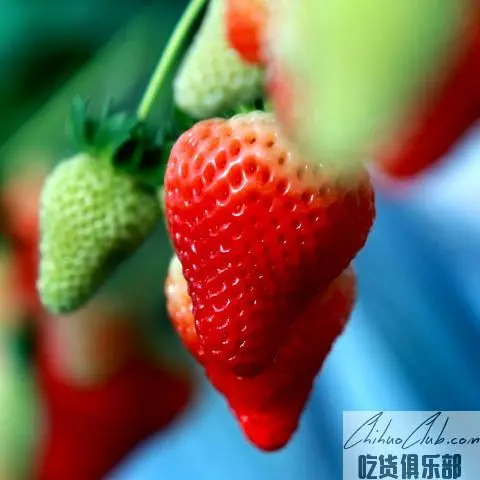
In the winter of Beijing, the silver is wrapped up, the flowers and trees are dying, and the bitter cold is hard to find a trace of life. However, in Changping, a suburb of Beijing, the strawberries growing in the greenhouse are like a ruby ruby, attracting countless tourists to watch the harvest. "The wind is cold outside the house, the strawberry in the shed is fragrant; the red strawberry is delicate and tender, and the picking is smiling." This is the true portrayal of the Changping strawberry picking season. Changping strawberry grows in the mountain front warm belt at the foot of Yanshan Mountain. The unique climatic conditions and pure and pollution-free natural environment make it form its own unique flavor and taste. Changping strawberry fruit is full, with fresh bracts; fruit is bright red, bright color; fruit shape is neat, beautiful and uniform; flesh is reddish, meat is fine; juice is sweet and sweet, rich in aroma, worthy of its "fruit queen" reputation.
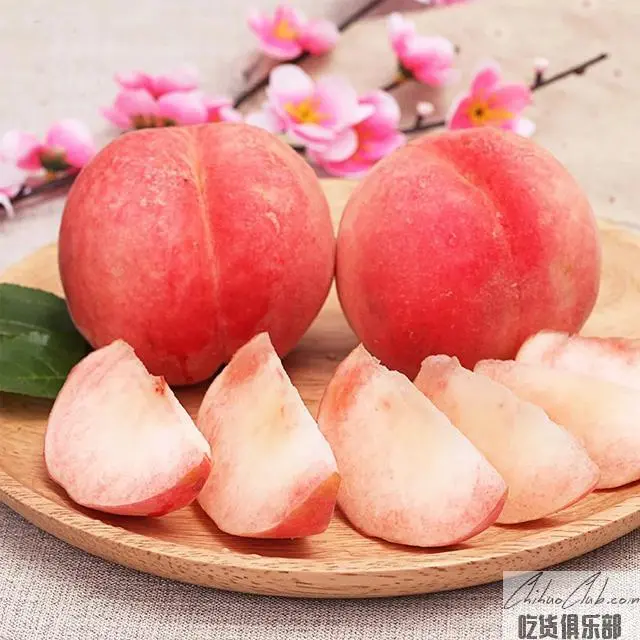
Pinggu Datao is produced in Pinggu District, Beijing, which is known as “China Taoxiang”. The main cultivars are Okubo, Qingfeng (Beijing No. 26), No. 14, Jingyan (Beijing No. 24), No. 24, Yanhong. (Green 9) and so on. Pinggu Datao is famous in China and abroad for its large size, bright color, high sweetness and no pollution. It is favored by consumers.
BEIJINGSHI-BAIZHIFANGJIEDAO BEIJINGSHI-CHUNSHUJIEDAO BEIJINGSHI-DAZHALANJIEDAO BEIJINGSHI-DESHENGJIEDAO BEIJINGSHI-GUANGANMENNEIJIEDAO BEIJINGSHI-GUANGANMENWAIJIEDAO BEIJINGSHI-JINRONGJIEJIEDAO BEIJINGSHI-NIUJIEJIEDAO BEIJINGSHI-SHENCHAHAIJIEDAO BEIJINGSHI-TAORANTINGJIEDAO BEIJINGSHI-TIANQIAOJIEDAO BEIJINGSHI-XICHANGANJIEJIEDAO BEIJINGSHI-XINJIEKOUJIEDAO BEIJINGSHI-YUETANJIEDAO BEIJINGSHI-ZHANLANLUJIEDAO
